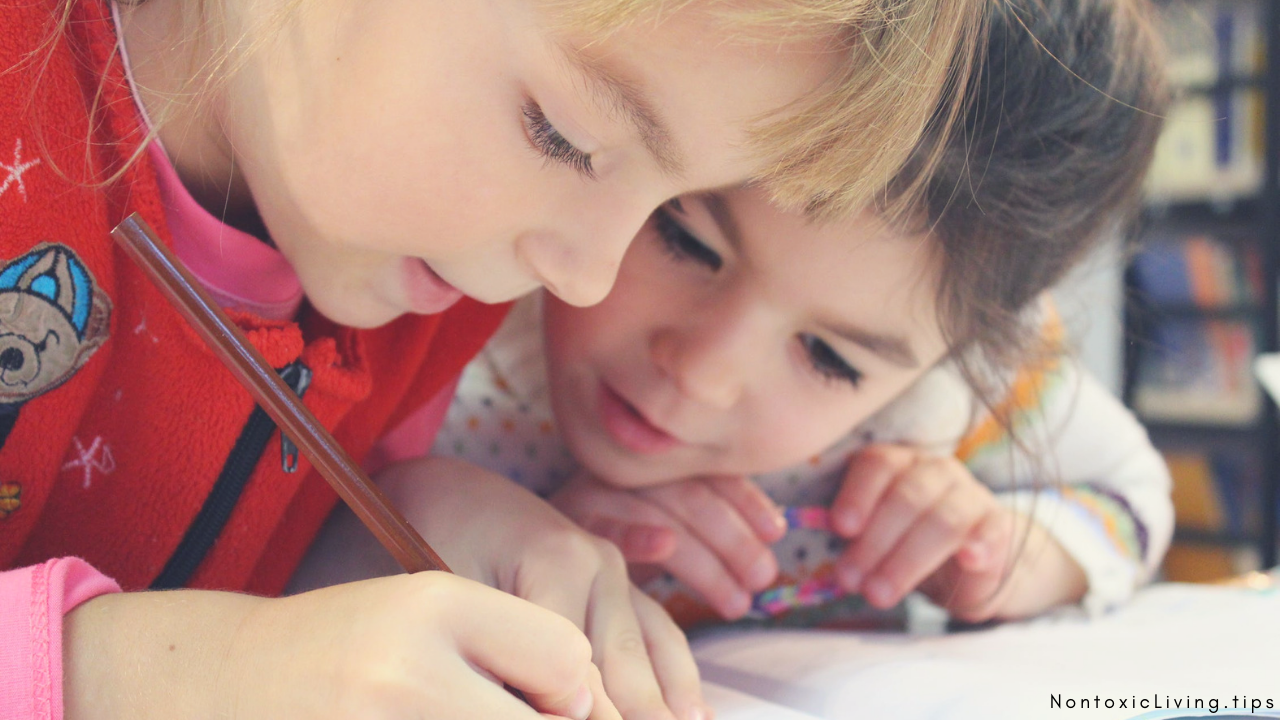
Are Attention Disorders Linked to Technology?
Oct 29, 2018By Angela Cummings
Over 6 million children ages 2-17 were diagnosed with Attention-Deficit/ Hyperactivity Disorder (ADHD) in 2016, according to a study by the U.S. Center for Disease Control. This is an increase of 1.7 million children with ADHD since 2003.
About 10 million adults have ADHD.
Technology may be a contributing factor.
Why Does Technology Link to Attention Disorders?
Technology can cause a lack of focus and sleep. According to Dr. Larry Rosen, “technology, with its constant alerts, notifications and multisensory stimulation, provides a strong external pull on a child’s attention.”
He goes on to say, “Research by the National Sleep Foundation and other researchers has shown that using technology right up to bedtime interferes with getting a good night’s sleep.”
Further, the gaming and social media world is exciting and may cause children to feel bored at school in comparison. This stark contrast between the exciting online world and boring school classroom may magnify attention disorders and inattentive behaviors in children.
While children should be assessed by a medical professional to determine if they have an attention disorder, it’s helpful to know what symptoms to look for.
What Are The Symptoms and Results of Attention Disorders?
There are three categories of attention disorders: inattentive, hyperactive and impulsive. Each category has unique symptoms; however, children may display symptoms from more than one category. Adults with ADHD can display similar symptoms.
Common symptoms of attention disorder include:
Category: Inattentive child
- Struggles to stay focused, organized and finish projects; gets distracted or bored easily.
Category: Hyperactive child
- Fidgets or moves around constantly; quick temper.
Category: Impulsive child
- Acts without thinking, including blurting out answers; interrupts other people’s conversations.
The results of attention disorders can be negative and have a long-lasting impact. A few examples of negative impacts include:
- getting in trouble continuously at school and home (or work)
- struggling academically (and at work)
- trouble making friends
- need a calm quiet environment to focus
- disorganized
- struggle to follow directions or sequential steps
- viewed as disrespectful, weird or needy
- low self-esteem
- family conflict
Conclusion
Technology may cause a lack of focus and sleep for children and adults, and cause the school to feel boring compared to exciting video games and social media. This may ultimately lead to attention disorders with negative impacts such as academic and professional struggles, low self-esteem, and family conflict to name a few.
Watch for symptoms of attention disorders including a struggle to focus, quick temper or being easily distracted and consider taking steps to reduce their technology use.



